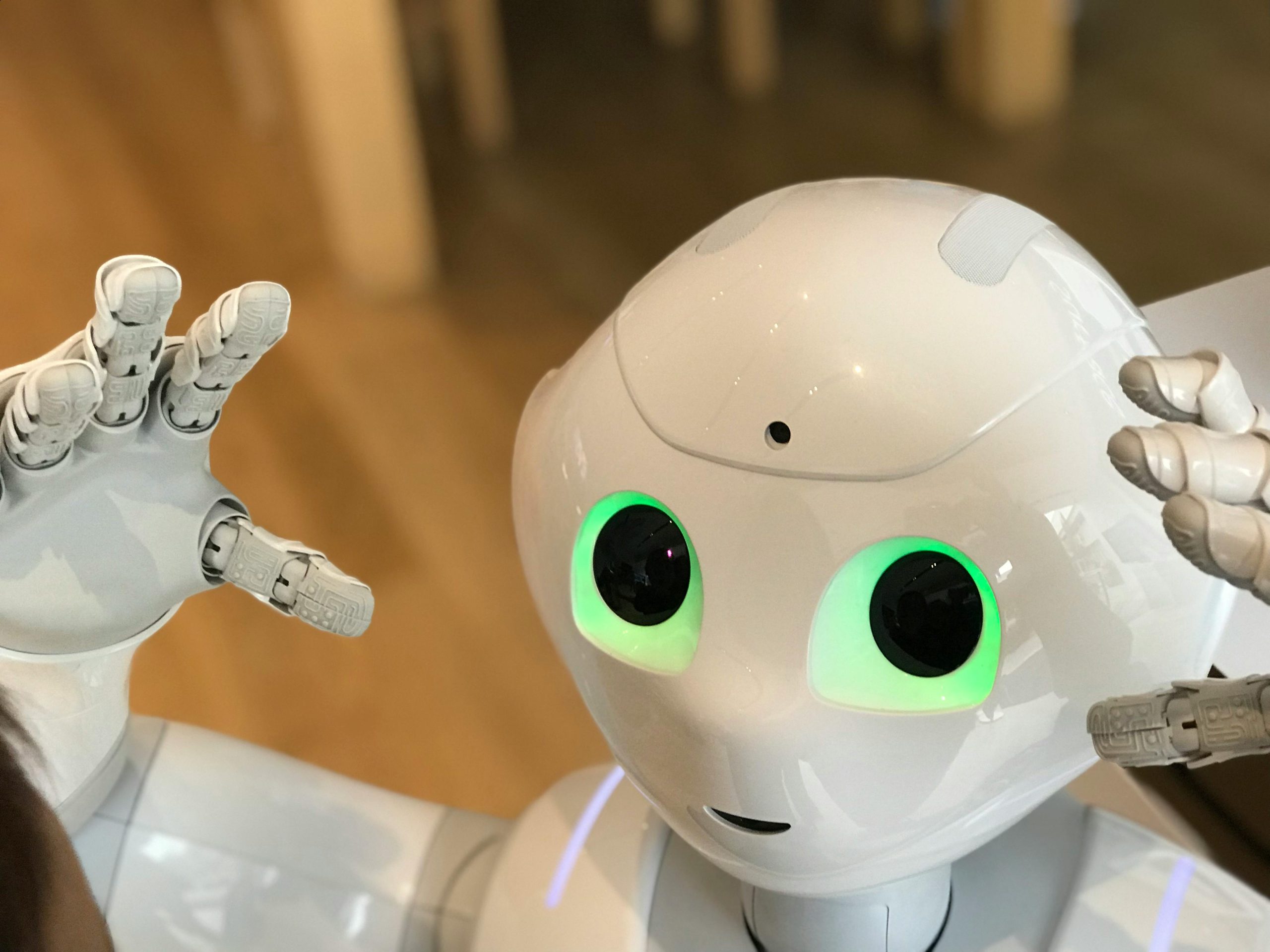Former Meta LLaMA Scientist Describes Meta AI’s “Culture of Fear” as “Metastatic Cancer”: Implications for R&D in Big Tech
Understanding the Turbulence Within Meta AI: Insights from a Former Researcher
The landscape of artificial intelligence research at major tech giants continues to evolve, often shadowed by internal challenges and cultural issues. Recently, former Meta AI researcher Tijmen Blankevoort—who contributed to the development of the company’s open-source LLaMA models—shared a candid critique of the working environment within Meta’s AI division. His insights shed light on deeper organizational dynamics that could influence the future of Big Tech’s R&D efforts.
Allegations of a Toxic Culture
Blankevoort characterizes the internal atmosphere at Meta AI as one dominated by a pervasive “culture of fear.” According to his account, constant threats of layoffs and relentless performance expectations have significantly undermined morale, creating an environment where innovation and creativity are stifled. Such conditions may hinder researchers’ willingness to explore bold ideas, critical for breakthroughs in AI technology.
Unclear Mission and Direction
Despite Meta’s aggressive hiring campaign—bringing in talent from prominent institutions like OpenAI and Apple—Blankevoort suggests many researchers operate without a clear understanding of their long-term goals within the company. This lack of strategic clarity risks diluting the team’s focus and potentially diminishing the quality of their research output.
Leadership Response and Industry Implications
Following the publication of Blankevoort’s essay, Meta leadership reportedly responded positively, indicating a willingness to address these internal issues. However, questions remain whether such measures will be sufficient or if the damage has already impacted morale and productivity.
Meanwhile, Meta announced the formation of a new “Superintelligence” division, accompanied by attractive compensation packages. Industry veteran Sam Altman has cautioned that aggressive recruitment strategies—such as headhunting from competitors—may inadvertently create cultural discord, jeopardizing long-term organizational cohesion.
Reflections and Industry Questions
This internal exposé raises important considerations for the broader tech community:
- How can organizations strike a balance between maintaining high-performance standards and fostering a psychologically safe environment that encourages innovation?
- Is aggressive hiring from rival firms sustainable, or does it risk breeding internal resentment and confusion?
- What strategic steps could a company like Meta undertake to revitalize an organizational culture that appears deeply troubled?
We invite professionals, researchers, and industry observers to reflect on these issues. Have you experienced similar challenges in your R&D environment? What initiatives have proven effective in cultivating a healthy, innovative workplace?
Stay informed on AI research and organizational dynamics by visiting the full article here: [https://














Post Comment